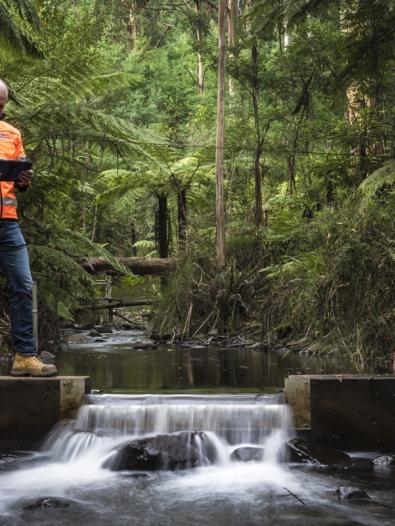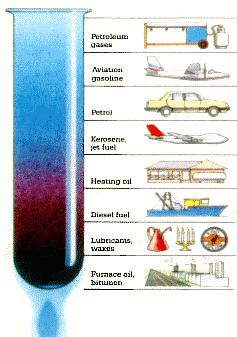








Desalination Melbourne’s water supply comes primarily from dams and reservoirs and water from the Victorian Desalination Plant which now provides an essential role in our city’s water supply.


Find all text, video and digital resources.
Login in with your Student Cafe details.
Mixtures and Separations (3 mins)
PURE SUBSTANCES AND MIXTURES Solubility of Substances 6 mins
Solubility and the Importance of Water as a Solvent 7 mins
Warka Tower is designed to harvest water from the atmosphere (rain, fog, dew) providing an alternative water source for rural populations that face challenges accessing drinkable water.
Suggested search terms:
Desalination
Solutions (Level 1 mixtures & separating)
Do you recommend a different bibliography app?
Tell us about it.
For more details about Bibliographies click here